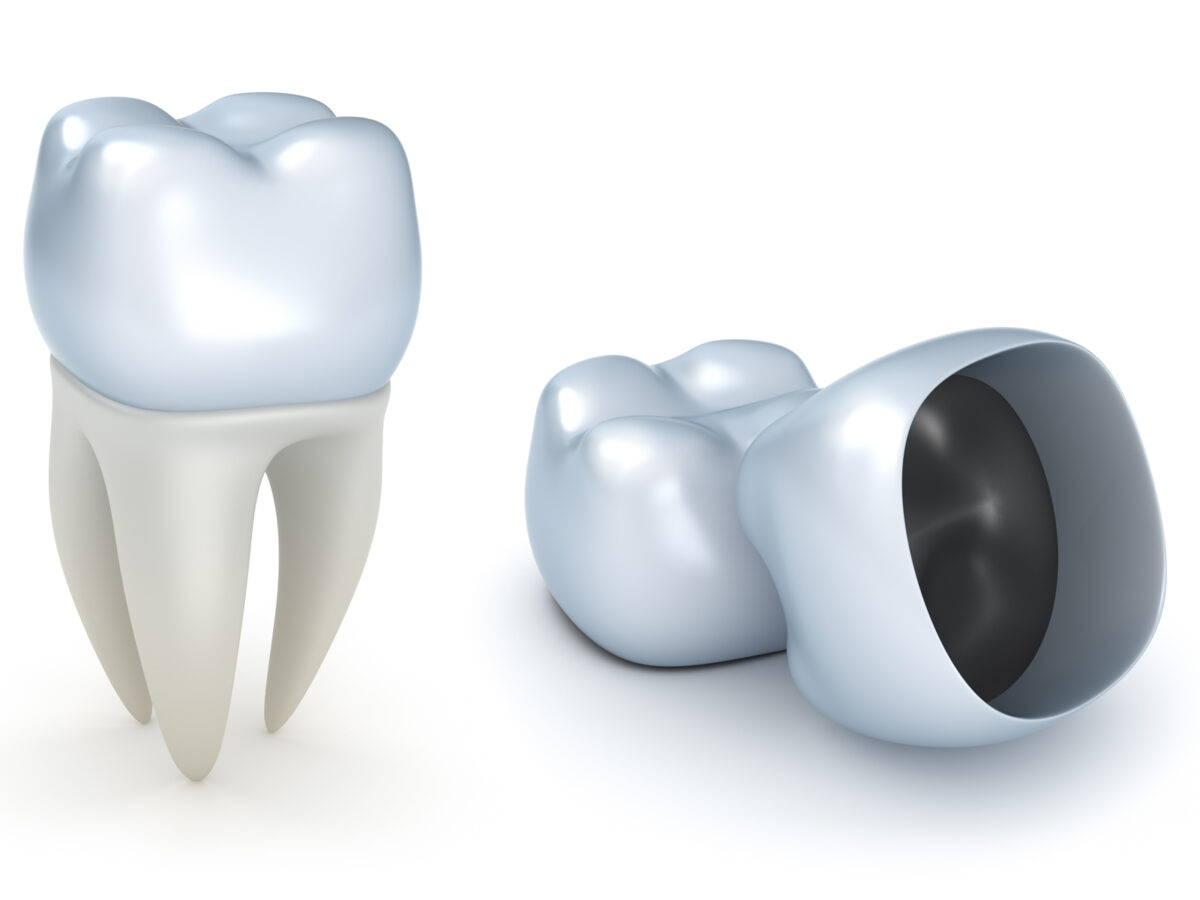Blog
Dental hygiene tips for healthy teeth & gums

Who is a good candidate for dental crowns?
When you have dental problems and need restoration, you may wonder if you can get crowns. Many patients choose crowns to address cosmetic issues and dental problems. Some problems like cracked or fractured teeth, badly discolored teeth, or misshapen teeth are addressed with artificial teeth. If you have unsightly dental problems, a crown offers a durable and long-lasting solution. The color will complement your natural teeth, so they won’t be noticeable.
There is no doubt that crowns can be an excellent solution to fix oral problems – but are they right for you? Ensure you are a suitable candidate for crowns before you undergo the procedure. Dental crowns are best placed on teeth that still have enough natural tooth structure above the gum line to support the crown.
Here are some oral problems that make you a suitable candidate for dental crowns:
- Tooth Decay
After a filling, crowns can cover decayed teeth. Nevertheless, there are limitations on how much decay you can have and still receive a crown. If your tooth is affected by severe decay, a dentist may recommend extraction rather than placing a crown. However, implants are topped with dental crowns if you need to have a tooth extracted for severe decay.
- Root Canal
Dental crowns are usually recommended after root canal treatment if you require one due to oral problems. There is a risk of infection after a root canal if bacteria get inside the tooth. Most importantly, these can reduce this risk and protect your teeth from damage.
- Cracked Teeth
Dental crowns can help protect a cracked or chipped tooth from further damage or infection. They also enhance the appearance of teeth, resulting in a more attractive smile. If you have a crooked or cracked tooth, you may consider a crown. Additionally, bonding and veneering are other options for restoring the appearance of teeth. In most cases, your dentist will discuss all of your treatment options with you to decide the best option for your teeth.
- Tooth Discoloration
When you have severe discoloration or stains on your teeth, crowns can cover them and make them look whiter. This solution is better suited to people with just one or two stained teeth. Additionally, these may be a good option for discolored teeth that cannot be bleached, such as grayish teeth.
- Missing Teeth
A dental crown used in conjunction with an implant can restore the function of a missing tooth and improve the appearance of the patient. Having an implant placed requires healthy gums and adequate bone to support it. Most importantly, an implant crown is designed to look like your natural tooth in color, shape, and size, which can enhance the appearance of your smile.
How Long Do Dental Crowns Last?
Dental crowns are durable but not permanent. In the long run, you’ll have to replace these. The longevity of these depends on how well you care for them. If your dental crowns are properly cared for, professionally cleaned, and regularly checked, they can last many years.
Dental crowns can provide excellent protection for your teeth and restore their function and appearance. In most cases, they are highly effective at treating a variety of oral problems. During a dental examination and assessment, a dentist can determine if this option are suitable for your oral health. Schedule an initial consultation with your dentist if you think crowns might be suitable for you.
For more detailed information, visit the trusted clinic and book your appointment.
